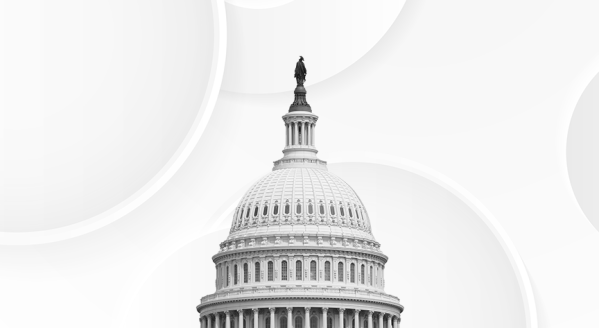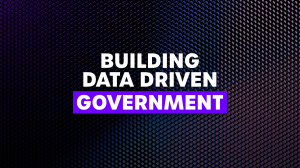- Sponsored
- Modernization
CDO tips for tackling federal data strategy challenges

As agency leaders look ahead to the new year, managing data more effectively remains a key priority. And, according to federal chief data officers, to keep from getting overwhelmed by the enormous task that lies ahead, leaders should focus on steady and attainable goals.
In a recent SNG Live panel discussion on setting data expectations, Chris Haffer, chief data officer for the U.S. Equal Employment Opportunity Commission (EEOC), Anne Levine, deputy chief data officer in the Federal Communications Commission’s (FCC) Office of Economic and Analytics and Steven Septoff, vice president for U.S. federal at Dell Technologies, discussed how leaders can set manageable expectations around data projects. They also highlighted efforts to meet goals outlined in the Federal Data Strategy Action Plan. The SNG Live event was hosted by FedScoop on Dec. 8, 2020.
“Security has got to be [built] within the technology … as you’re modernizing your IT infrastructure,” said Septoff. He pointed to the large agency workloads that require a modern cloud infrastructure. While cloud-enabled tools offer flexibility and scalability, security has to be built in from the beginning to ensure the best protections for agency data.
Levine agreed with Septoff, adding that when agencies work with huge datasets, they often struggle to get the tools and the data in the same place. She shared how a data management platform has helped the FCC implement some of the activities of the Federal Data Strategy.
However, educating agency personnel will be key in order to earn buy-in for agency initiatives and align program goals and objectives to the Federal Data Strategy. At the FCC, for instance, Levine is educating employees on a new data maturity model — “but before we conduct this assessment, we want to socialize the model and let folks know that it is not about a pass-fail judgment. It’s about identifying opportunities to improve.”
Another dimension associated with the Federal Data Strategy, according to the panelists, involves laying the foundation for data ethics, to ensure the integrity of data-driven decisions with the public.
“Agencies must design checks and balances around data to protect and serve the public good,” explained Septoff, who pointed to establishing an open dialogue to develop practical guidelines around data ethics as a solution.
Septoff cited how the Defense Department’s Joint Artificial Intelligence Center, or JAIC, held a multinational meeting in September, where 13 countries were pulled together to start “talking about principles and technical matters and looking at AI and their relative militaries across the globe.”
Levine pointed to the recent Data Ethics Framework, published by the General Services Administration, as a resource for agency leaders to lean on.
“I think this document is very useful for agencies to understand what data ethics are, and how to address them. The document goes through the various ways to ensure that we make considered ethical decisions like demonstrating respect for the public, exercising transparency and accountability. And the playbook, which is public and at resources.data.gov, offers simple actions that the agencies can take” she said.
One area of concern for many agencies going into the new year is how to manage all their priorities with fewer resources. Haffner and Levine shared that their agencies are building collaborative relationships to meet their goals.
“What I’ve done at the EEOC is really tried to establish collaborations with internal advocates and a cadre of senior leaders, who see the value in the work that [we] do and who could advocate on [our] behalf when it comes to additional resources,” Haffner said.
Levine added that the FCC has saved money and time by creating synergies out of agency alliances. Working with the agency’s enterprise architecture team and other groups, their departments are able find common goals to share resources.
Watch the full discussion on how federal agencies can set data expectations for 2021. This article was produced by FedScoop and underwritten by Dell Technologies.




